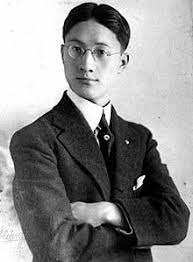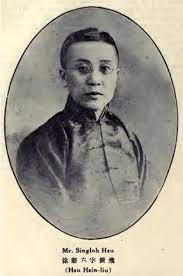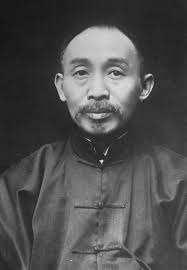Chang Tung-sun (1886-), philosopher and political independent, known for his interpretation and teaching of Western philosophy in China. He was an advocate of the constitutionalist theories of Liang Ch'i-ch'ao, and became chief editor of the China Times and a leading figure in the science-philosophy debates of 1923. In 1951 he came under Communist censure and […]







